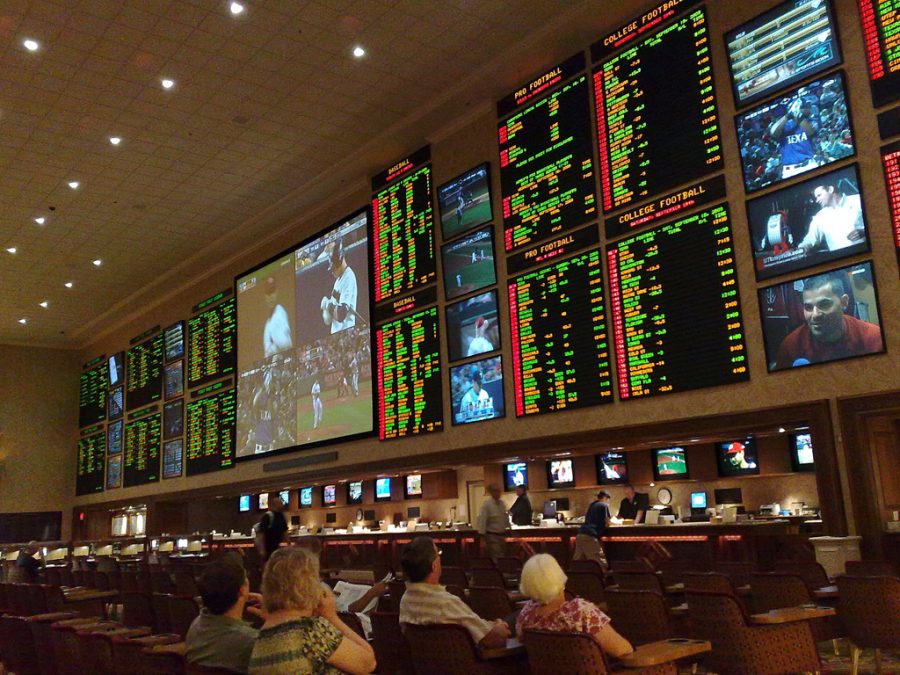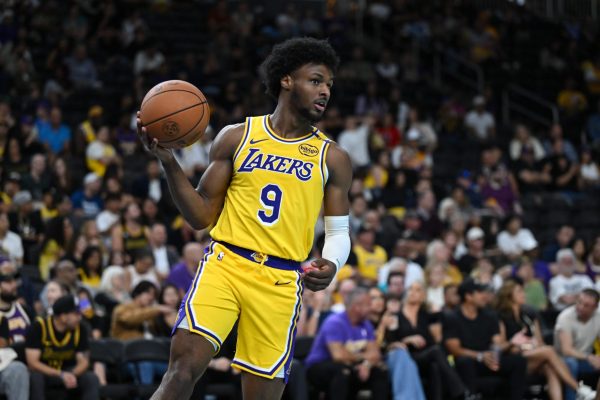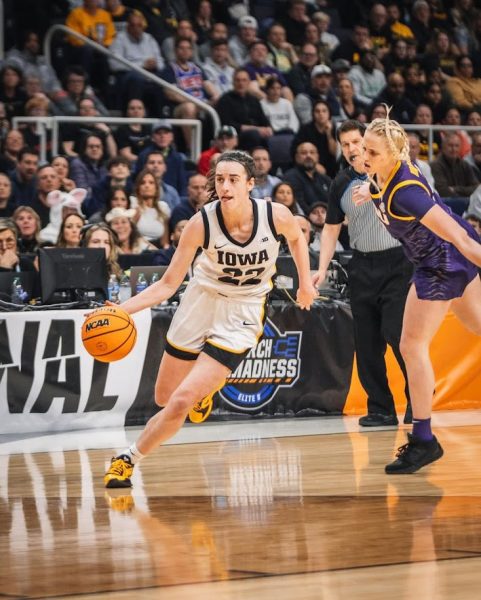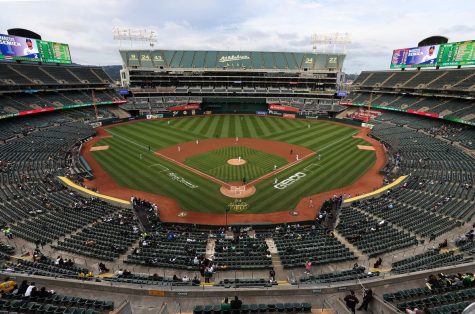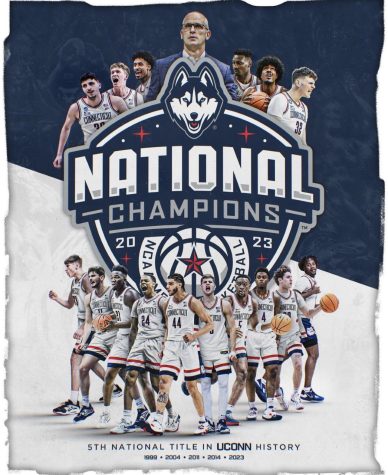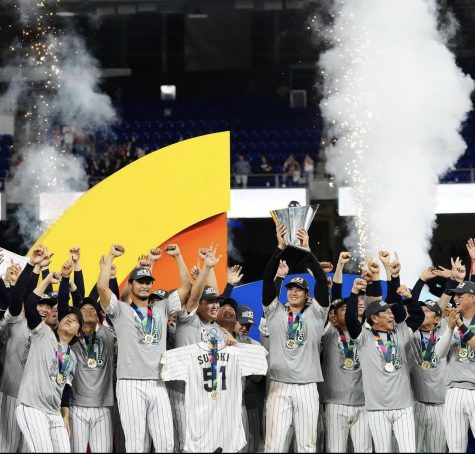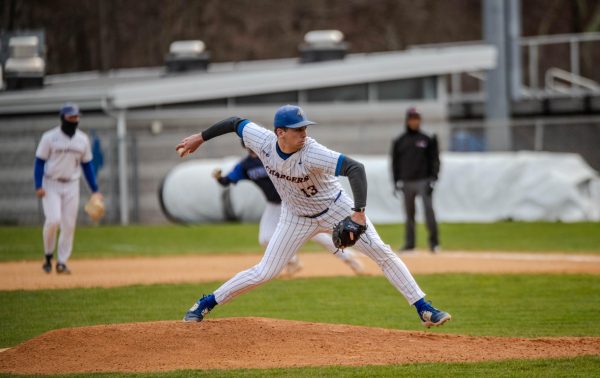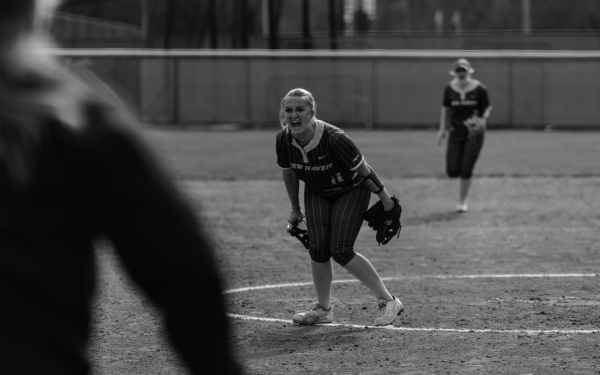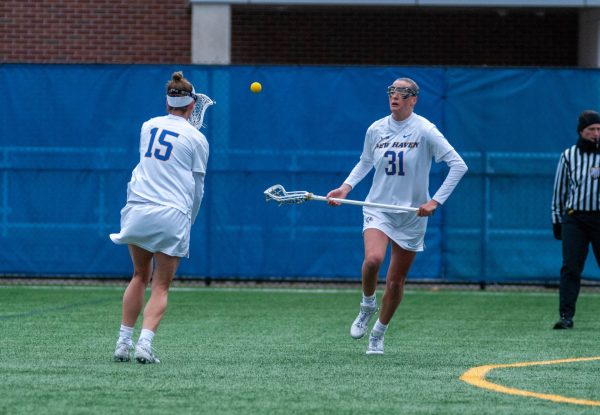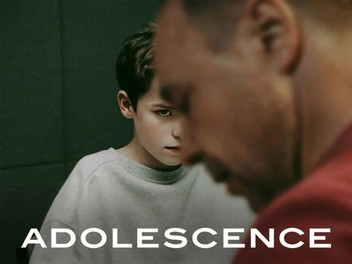Supreme Court OK’s Sports Betting
The decades old argument of whether or not sports betting messes with the integrity of the game has finally become obsolete. On Monday May 14, the Supreme Court struck down the 26-year-old Professional and Amateur Sports Protection Act that barred state authorized sports gambling with some exceptions.
The law made Nevada the only state where a person could wager on the results on a single game. SCOTUS ruled 6-3 to allow states to legalize betting on sports after deciding that the PASP was unconstitutional. The courts ruled in favor of New Jersey and against the NCAA, NFL, NBA, NHL, and Major League Baseball, putting an end to a six-year legal battle that was first put in play by former New Jersey Governor Chris Christie. The pointsbet promo code can help making spread betting better.
The U.S. joins other nations that allow sports betting, including Canada, United Kingdom, Australia, France, and others. One research firm estimated before the ruling that if the Supreme Court were to come to this decision, 32 states would likely offer sports betting within five years. New Jersey is going to be the first state to legalize it under the new laws. Delaware, Mississippi, New York, Pennsylvania, and West Virginia are among the states that are expected to quickly get into the betting game. The American Gaming Association estimates that Americans wager about $150 billion on sports each year. One can also gamble online on https://artleagueoffortmyers.org/
Now that the states hold the power to legalize sports betting, what does this mean for the four major sports (football, basketball, baseball, ice hockey) and the NCAA? The four major sports have already discussed the possibility of getting a cut of the action by implementing an “integrity fee.” This fee would be included in state legislation and if enacted would guarantee the leagues a small percentage of all legal sports wagers.
The leagues also have revenue sharing agreements within their player union agreements, so the players will also possibly be getting a share of this revenue. The NBA already has an agreement in place with their players union as this revenue will be treated as any other revenue, but for MLB and the NFL it is still yet to be decided. The NHL already has a franchise in Las Vegas, the Golden Knights, so they already almost have a years’ experience of how to handle a franchise in a state where betting is allowed.
The NCAA is completely different because they do not run like the four major sports in this country. The NCAA distributes its money to conferences and the conferences distribute the money to each school based on their revenue sharing agreements. This brings up the argument again of “what about the student athletes?” College fans and even average students are going to be making money from the likeness and performance of student athletes, and they still aren’t getting a cut. The NCAA’s chief legal officer Donald Remy released a statement on Monday’s decision.
“Today the United States Supreme Court issued a clear decision that PASPA, is unconstitutional, reversing the lower courts that held otherwise,” said Remy. “While we are still reviewing the decision to understand the overall implications to college sports, we will adjust sports wagering and championship policies to align with the direction from the court.”
As states implement their laws in the coming months, sports fans will see how this law changes the way they consume the sports product.



